





Caffeine
Application instruction:
Caffeine – psychogogic drug.
Form of release and structure
Caffeine is produced in the form of solution for hypodermic introduction: transparent, colourless or slabookrashenny (in ampoules on 2 ml, on 5 ampoules in blister strip packagings, on 2 packagings in a cardboard pack; on 5 or 10 ampoules in a cardboard pack with partitions or lattices).
Is a part of 1 ml of solution:
- Active agent – mg caffeine-sodium benzoate 100 or 200;
- Auxiliary components: solution of natron caustic 0,1M – to рН 6,8-8‚5, water for injections – to 1 ml.
Indications to use
- Decrease in physical and intellectual effeciency;
- Moderate arterial hypotonia;
- Muscular weakness;
- Migraine;
- Drowsiness;
- Respiratory depression (including at slight poisonings with opioid analgetics and somnolent medicines, carbon monoxide, at asphyxia of newborns, for recovery of necessary level of lung ventilation after use of the general anesthesia).
Contraindications
- Organic diseases of cardiovascular system (including an acute myocardial infarction, atherosclerosis);
- Arterial hypertension;
- Sleep disorders;
- Glaucoma;
- Bouveret's disease;
- Hyperexcitability;
- Epilepsy and tendency to convulsive attacks;
- Frequent ventricular premature ventricular contraction;
- Advanced age;
- Pregnancy and period of a lactation;
- Hypersensitivity to drug components.
Route of administration and dosage
Caffeine is entered subcutaneously.
The adult usually appoint 1 ml 100 mg/ml or 200 mg/ml of solution. The maximum dose makes: one-time – 400 mg, daily – 1000 mg.
To children depending on age, as a rule, appoint 0,25-1 ml 100 mg/ml of solution.
Frequency rate and duration of use are defined by the doctor.
Side effects
During use of Caffeine the following side effects can develop:
- Central nervous system: tachypnea, sleep disorder, tremor, excitement, alarm, headache, spasms, dizziness;
- Cardiovascular system: disturbance of a heart rhythm, tachycardia, increase in arterial pressure;
- Alimentary system: nausea, diarrhea, vomiting, aggravation of a peptic ulcer.
At long use perhaps insignificant accustoming (decrease in action is connected with education in cells of a brain of new adenosine receptors).
Special instructions
During use of Caffeine it is necessary to consider that the sudden termination of therapy can lead to strengthening of braking of the central nervous system in the form of drowsiness and a depression.
Impact on the central nervous system can be shown both by excitement, and braking of the highest nervous system.
Medicinal interaction
At simultaneous use of Caffeine with some medicines there can be following effects:
- Narcotic and hypnagogues: decrease in their efficiency;
- Non-narcotic analgesics and ergotamine: increase in their efficiency (due to increase in absorbability);
- Cardiac glycosides: strengthening of their action and increase in toxicity.
Terms and storage conditions
To store in the place, unavailable to children, at a temperature up to 25 °C.
Period of validity – 5 years.
Name of drug
Price
Drugstore
The educated person is less subject to brain diseases. Intellectual activity promotes formation of the additional fabric compensating sick.

Women quite often suffer from complexes concerning the sizes of the bust. Strangely enough, reason душевног...
Section: Articles about health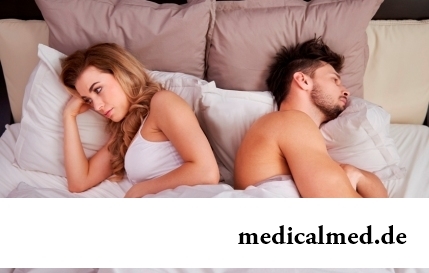
From sexual contacts each person can test insufficiently strongly expressed sexual desire or lack of satisfaction from time to time. However when it happens regularly, it is an occasion to think about health. Most of people does not hurry an obrashcha...
Section: Articles about health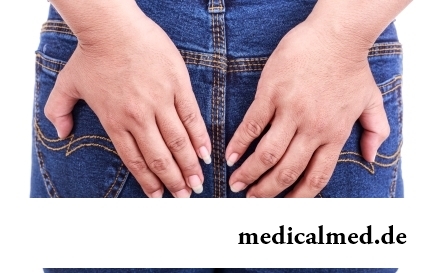
Hemorrhoids – extremely widespread disease. Periodically arising inflammations and bleeding of hemorrhoidal nodes cause serious discomfort to nearly fifteen percent of adults. Meanwhile, having a clear idea of the reasons of an exacerbation of an illness and following rules of precaution, it is possible to reduce substantially sharpness of unpleasant feelings and to reduce progressing of a disease....
Section: Articles about health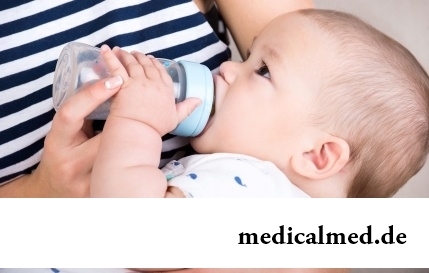
Producers of milk mixes for children assure: mixes are ideally balanced and adapted for needs of babies. In a sluch...
Section: Articles about health
It is impossible to imagine human life in which there would be no plants. Practically in each apartment and any production room there are window plants, millions of people with pleasure are engaged in gardening and truck farming, many citizens пр...
Section: Articles about health
Practically each person is familiar with the annoying, pulling, unscrewing pains caused by overcooling of muscles of a back. In certain cases inflammatory process is not limited to discomfort, being followed by emergence of hypostasis, consolidations, temperature increase. At the wrong treatment the acute miositis can lead to a chronic disease or aggravation of other pathologies of a back (vertebral hernia, osteochondrosis) therefore it is important to pay attention to symptoms of an illness in time and to start to...
Section: Articles about health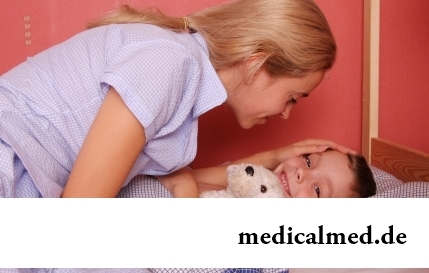
Neurosis is called pathology of a nervous system at which deviations in functioning of the highest nervous processes are observed. Nye...
Section: Articles about health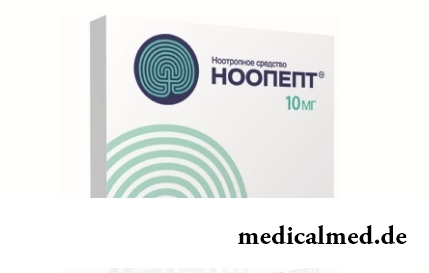
Many of us, probably, noticed more than once that from intellectual loadings at some point the brain as though "overheats" and "assimilation" of information is strongly slowed down. Especially this problem urgent for persons of age becomes more senior than fifty years. "It is already bad with...
Section: Articles about health
The summer of this year in Russia was very ambiguous. Regions suffered from a merciless heat, from pouring rains, the hail from time to time dropped out, then there was again a heat which alternated with rainfall again. Many people suffer from such sharp changes of weather. Even flu epidemics and a SARS were recorded....
Section: Articles about health
The unpleasant feelings connected with spring breakdown are familiar almost to each of us. Often happens that in March-April on the person...
Section: Articles about health
Tea is loved and use almost everything. This drink has tonic properties, contains the tannins capable to suppress activity of causative organisms. Recently great popularity was gained by teas with vegetable additives. Лечеб...
Section: Articles about health
Eyes – unique body on the structure thanks to which the person obtains about 80% of information on the world around: about a form, color, size, the movement, and also many other parameters of objects or phenomena. But whether much we know about the most valuable sense body which, according to the scientist Sechenov, provides us about one thousand various feelings a minute? Let's consider 10 most surprising facts about eyes and sight....
Section: Articles about health
Several decades ago the basil (the district khan, реан, Reagan) was considered as a part of the Caucasian or east cuisine, but today it is strong for...
Section: Articles about health
The trophic ulcer is not an independent disease. This heavy complication arising owing to a thermal injury (a burn or a frostbite), chronic pathologies of arteries or veins of the lower extremities, a diabetes mellitus, and also some defeats of a soyeda...
Section: Articles about health
Condition of lips (their morbidity, outward) – one of indicators of health of the person. The peeling, dryness, pallor, and also cracks in corners of a mouth can be not only the cosmetic shortcoming which arose owing to physical damages and weather conditions but also the satellite of some diseases and disturbances in an organism needing treatment. Let's consider 10 possible reasons of emergence of angular cracks (perleches) in corners of a mouth and ways of their elimination....
Section: Articles about health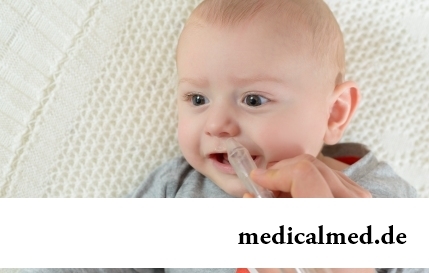
Maternal milk is the best food for the newborn. It is the unique natural product containing optimum set...
Section: Articles about health
Each of us repeatedly noticed that the people having the same passport age are sometimes not similar on one-years at all. One at the age of 40-45 years already looks almost an old man, and another and in 60 is young, vigorous and full of life. The matter is that state нашег...
Section: Articles about health
Antibiotics - - it is possible to call the chemical compounds suppressing growth of bacteria the break in the field of medicine which allowed to save mankind from many diseases incurable earlier: tuberculosis, plague, syphilis and many others. The contribution of drugs to rescue of people from epidemics of dangerous infections is huge, however at careless use antibiotics are capable to cause to an organism serious damage. Negative action can be shown in the form of easing of immunity, disturbance of balance of microflora in кишеч...
Section: Articles about health
What woman does not dream of a beautiful and thick hair? So far physicians developed difficult schemes on hair transplant, in the bet industry...
Section: Articles about health
The way of life of people promptly changes from year to year: if about ten years ago the personal computer was not in each family, then today already very few people do without this device. Certainly, and children master the computer at full speed: they not only I play...
Section: Articles about health
Stability of a hormonal background is one of the most important conditions of preservation of health of the woman. At the same time endocrine system – the thin device extremely sensitive to any external influences. Changes of a way of life (for example, a diet), emotional stresses, infectious diseases, reception of some drugs can become the reason of hormonal failure. Besides, work of hemadens has the natural specifics in certain moments of life: on various St...
Section: Articles about health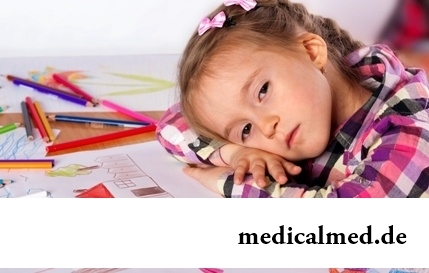
The immunity role in growth of the child is invaluable. The proteins-immunoglobulins produced by immune system preserve the child against diseases...
Section: Articles about health
The pine is one of the most widespread plants of our woods. Its needles and pitch not without reason called by "gallipot" were since ancient times used for strengthening of protective forces of an organism, treatment of avitaminosis, anemia and many other diseases. In recent years wide п...
Section: Articles about health
Reactive pancreatitis - the disease which is characterized by inflammatory process in a pancreas which arises most often because of excess activity of digestive enzymes. It − the emergency state which treatment has to take place in surgical department under control of doctors. The acute inflammation of gland can become the reason of its transition to a chronic form, and also development is purulent - necrotic pancreatitis which the extensive necrosis of fabrics can follow. Zabolev...
Section: Articles about health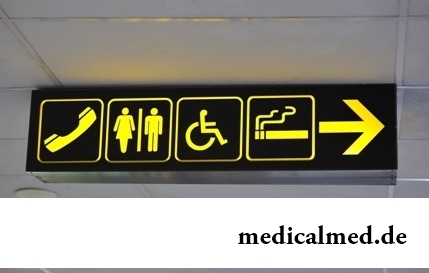
The saying "the rich do not know how the other half lives" is known to all. In a broad sense it is that we can not always understand the person, about...
Section: Articles about health
Smoking not only exerts a negative impact on the state of health of the consumer of tobacco products, but is an air polluter the substances potentially dangerous to people around. In recent years significantly the number of people, стремящ increased...
Section: Articles about health
Helminthosis is one of the most widespread diseases. Statistically, any species of helminths infected every third inhabitant of the planet. Most of specialists even consider these data strongly underestimated: some uninvited "cohabitants" do not cause the carriers serious troubles, and patients just do not see doctors. The situation is aggravated also with the fact that people know about specifics of similar illnesses very little. At many presence of worms is strong ассоциир...
Section: Articles about health

